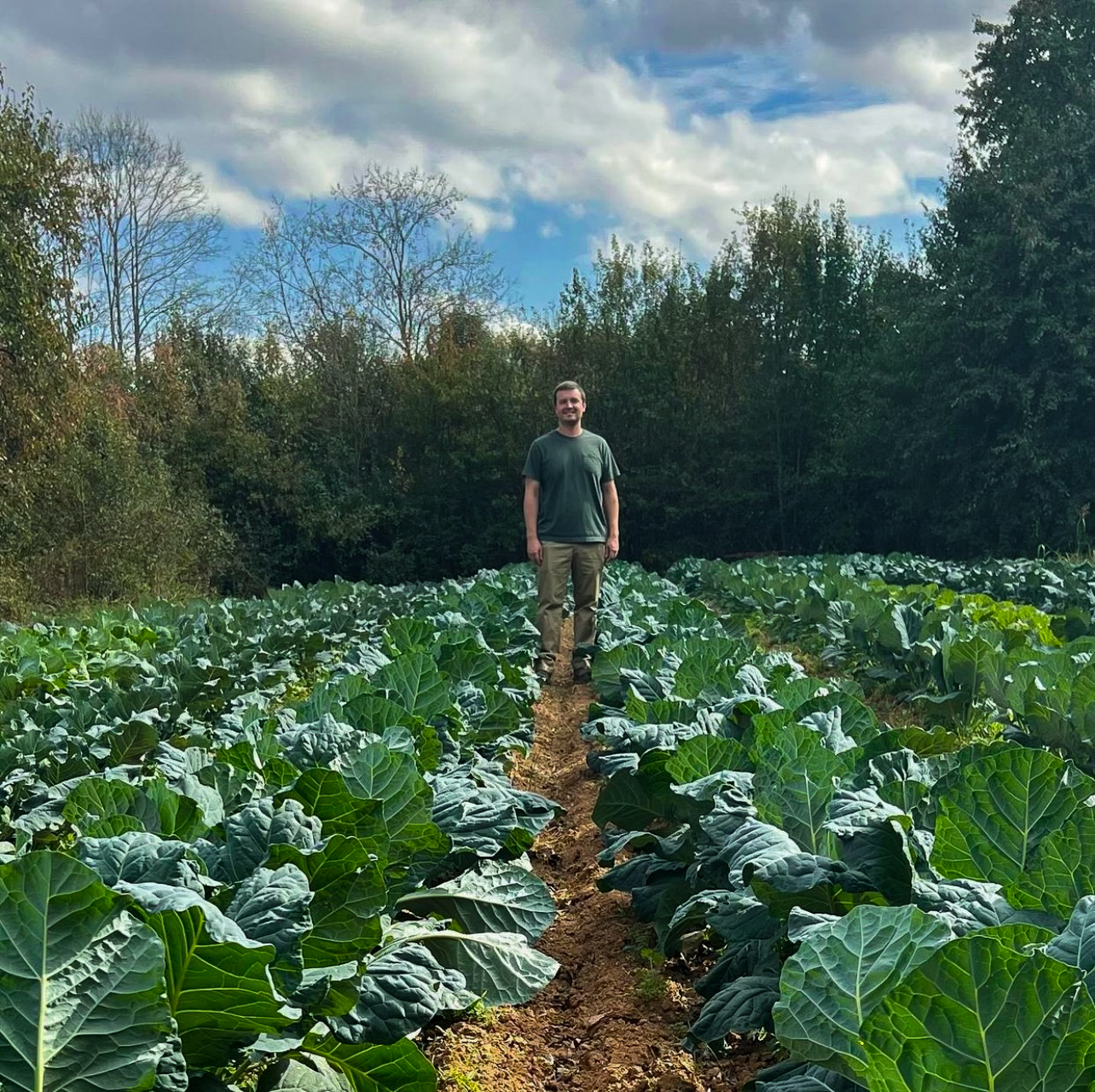Collards in North Carolina
go.ncsu.edu/readext?834831
en Español / em Português
El inglés es el idioma de control de esta página. En la medida en que haya algún conflicto entre la traducción al inglés y la traducción, el inglés prevalece.
Al hacer clic en el enlace de traducción se activa un servicio de traducción gratuito para convertir la página al español. Al igual que con cualquier traducción por Internet, la conversión no es sensible al contexto y puede que no traduzca el texto en su significado original. NC State Extension no garantiza la exactitud del texto traducido. Por favor, tenga en cuenta que algunas aplicaciones y/o servicios pueden no funcionar como se espera cuando se traducen.
Português
Inglês é o idioma de controle desta página. Na medida que haja algum conflito entre o texto original em Inglês e a tradução, o Inglês prevalece.
Ao clicar no link de tradução, um serviço gratuito de tradução será ativado para converter a página para o Português. Como em qualquer tradução pela internet, a conversão não é sensivel ao contexto e pode não ocorrer a tradução para o significado orginal. O serviço de Extensão da Carolina do Norte (NC State Extension) não garante a exatidão do texto traduzido. Por favor, observe que algumas funções ou serviços podem não funcionar como esperado após a tradução.
English
English is the controlling language of this page. To the extent there is any conflict between the English text and the translation, English controls.
Clicking on the translation link activates a free translation service to convert the page to Spanish. As with any Internet translation, the conversion is not context-sensitive and may not translate the text to its original meaning. NC State Extension does not guarantee the accuracy of the translated text. Please note that some applications and/or services may not function as expected when translated.
Collapse ▲ Did you know North Carolina is the third leading producer of collards in the nation? Collards thrive in North Carolina and can easily be grown in a backyard garden! This makes North Carolina one of the best places to source collards directly from local producers, farmers’ markets, and restaurants. We are all aware that collards are delicious, but did you know that they are also packed full of vitamins, minerals, and antioxidants? The best way to preserve those essential nutrients is to buy fresh, local collards from local farms.
Did you know North Carolina is the third leading producer of collards in the nation? Collards thrive in North Carolina and can easily be grown in a backyard garden! This makes North Carolina one of the best places to source collards directly from local producers, farmers’ markets, and restaurants. We are all aware that collards are delicious, but did you know that they are also packed full of vitamins, minerals, and antioxidants? The best way to preserve those essential nutrients is to buy fresh, local collards from local farms.
To celebrate these wonderful leafy greens, the North Carolina Local Food Council (NCLFC) has published a webpage discussing collards’ history, delicious recipes, and the best places to find collards in the state. Head over to NCLFC and discover our state’s green of choice! You can also find local farms, where collards are grown, at the Union County Local Foods website.




